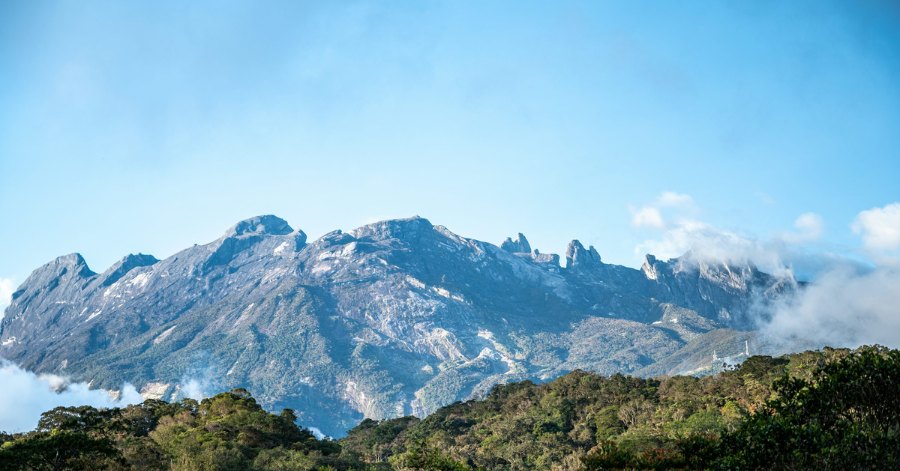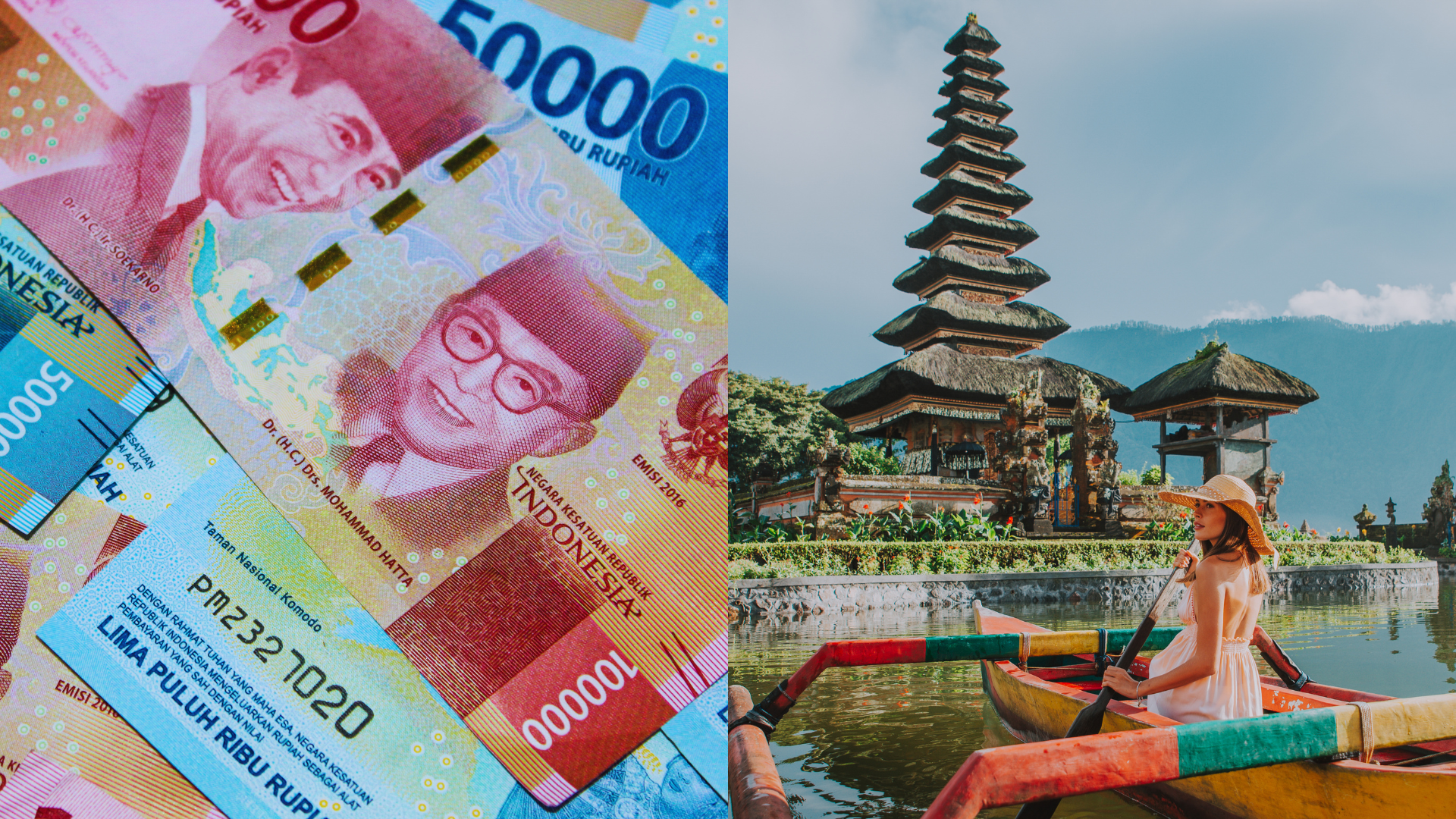Brian Chesky, CEO of Airbnb, shares his predictions on how the travel industry and Airbnb will never be the same again in a post-COVID-19 world.
You obviously know Airbnb. You’ve probably made a booking on the app before, albeit not in the last few months and in all likelihood, not in the months ahead. One of the world’s most popular travel apps, it doesn’t take a genius to figure out that, like the airline industry, it’s been hit really hard by this COVID-19 pandemic.
Although you might be curious, how exactly is a company that lives, breathes, and profits off travel planning to rebound in a post-COVID-19 world, whenever that may be? While information surrounding the company’s future directions is scarce, Airbnb CEO Brian Chesky has been outspoken about his views on where the industry is headed. As synonymous to travel as Airbnb is, his words are worth paying attention to as it may just give you a few clues on what travel is going to look like in the years ahead. His overall position, however, can be summed up in just a few words: “Travel as we knew it, is over.”
These aren’t just predictions he’s making randomly, he’s basing his opinions off data and trends he’s seen in Airbnb’s booking data, both current and advance ones for the coming year. The company is having a mini revival of sorts, and is already seeing differences in booking patterns from the pre-pandemic days and now.
Just what are some of these trends and travel predictions?
Guides to Resuming International Travel:
#1: Which Country Can I Travel to Now?
#2: Which Airlines Are Resuming Flights?
#3: Future of Air Travel After COVID-19
#4: When Can We Travel Again: 2023 Forecast
#5: Immunity Passports to Resume Travel
#6: Can Singaporeans Travel to Brunei & New Zealand?
#7: How Airlines Are Wooing You Back Onboard
#8: Post-COVID-19 Travel Habits
#9: How Tech & AI Are Helping to Reignite Tourism
#10: Singapore-Hong Kong Travel Bubble Guide
#11: Everything You Need To Know About Singapore’s COVID-19 Vaccinations
#12: Travel Corridor vs Travel Bubble: Everything To Know About Flying
🌆 Say Goodbye to Big City Destinations
High-density destinations – big cities – will continue to be avoided. Most of Airbnb’s resurgent bookings so far have been for rentals located in remote areas as people look to take a break away from crowds and city life in general.
Given the public health risks of being in high-density cities right now, this comes as no surprise. People will no doubt still want to travel, and with the option of going to less crowded, remote, or even isolated places, they can still get the best part of any holiday – peace of mind.
Chesky believes this is likely to be the case for a long time, as it could be a long while before people are comfortable adjusting to the congestion and crowds typical of any big city around the world, especially less so for foreign ones. He believes that this puts the pressure on cities that previously were coasting on tourism revenue to either diversify its economy to be less reliant on the sector, as more head to and explore the less-discovered cities around the world.
While a holiday to see the big city lights in the likes of New York or London may be a while, you may want to consider planning trips to roads less travelled. Countries like Vietnam and New Zealand are both noted for their handling of COVID-19, and also have idyllic, remote areas for travellers to explore. Something to keep in mind for when restrictions open up, perhaps?
🕰️ Last-Minute Bookings Are Becoming the Norm
There’s been a spike in spontaneous travel, with many bookings being made right before arrival dates. This makes sense, since travel restrictions, quarantine requirements, and lockdown orders in many countries are easing up and restarting unpredictably.
People likewise seem to be adopting a ‘travel whenever you can’ sort of mentality. While obviously this is a trend borne out of necessity, these are shifts that are, in Chesky’s words, “a massive revolution that’s changing the face of travel forever. Some people are waiting for the world to get back to what it was. But change rolls forward – not backwards.”
As more people get comfortable with quick, spontaneous getaways, this could have implications for lots of things we’ve become familiar with, from last-minute flight deals, to accommodation prices.
2020 has taken the concept of unpredictability to a whole new level. Nobody saw this coming, and nobody can tell when it’s going to end. Your best bet is to simply live in the moment. This isn’t a signal for anyone to be in full YOLO-mode and travel with reckless abandon once restrictions are lifted, but rather suggesting that people should do what works for them, in terms of what feels safe while taking precautions.
We’re in uncharted territory here, and while it may seem like travel shouldn’t be at the forefront of people’s considerations in the face of worldwide pandemic, travel still undoubtedly adds plenty of value to people’s lives. So maybe ‘travel whenever you can’ should be your mantra going forward.
🍹 Staycations Are Here to Stay
While shut borders are temporary, the pandemic’s longer lasting implications on travel will likely a general sense of anxiety towards long-haul trips and getting onboard planes in general. People are rediscovering their own backyards, and domestic travel is pretty much the only thing that tourism-related businesses will be able to rely on in the months ahead. Chesky thinks that as more people start to enjoy domestic travel, the appeal of the long-haul flight will remain diminished.
Cross-border bookings only make up around 15% of Airbnb’s bookings right now, a statistic that would have seemed unimaginable back in January 2020. Now, that seems to be the new normal. Countries that are looking to kickstart their economies are promoting domestic tourism extensively, with vouchers and tourism credits among the ideas being put forward to incentivise its own citizens to spend at tourism attractions.
While obviously domestic tourism can never truly replace the joy of actual travel, clearly people are conceding that it’s currently the next best thing, and are willing to make the most of it. While the opportunities for domestic tourism are greater in larger countries where there’s plenty of cross-country options for road trips and such, that doesn’t mean that we can’t get in on the fun, even on our tiny island. Staycation deals, anyone?
✈️ Where Do We Go From Here?
While nobody, not even Brian Chesky, can make these sort of predictions with any sort of certainty, his observations based on Airbnb’s user behaviour and data are particularly interesting.
While IATA’s chief economist predicts 2023 for travel to fully resume, I’m sure we’re all hoping that it can be much earlier than that. And until that happens, you can continue to rely on your YouTrip card to score overseas goodies that you would usually get while holidaying – like famous Taiwanese snacks, cheaper beauty products, and cheaper Apple products.
If you still haven’t gotten your free YouTrip card yet, use promo code <BLOG5> to sign up and receive a free S$5 in your account.
For more great stories like this, join our Telegram (@YouTripSG) and subscribe to our free weekly newsletter here or down below!
Related Articles
Louis Vuitton’s Face Shield & 6 Other Unusual LV Items
Budget Holiday Plans Gone Wrong
6 Creepy Urban Legends For Travellers





















































